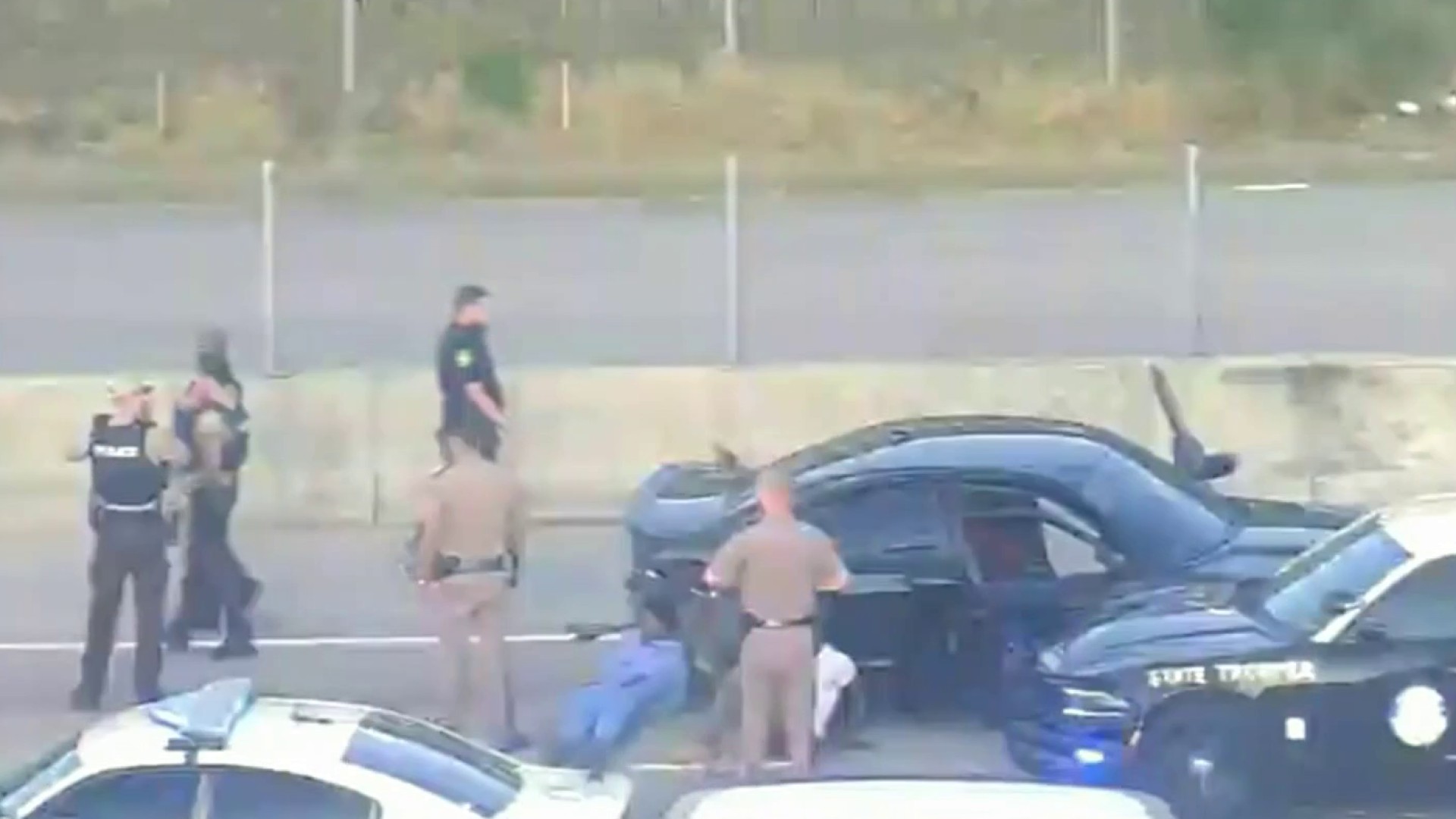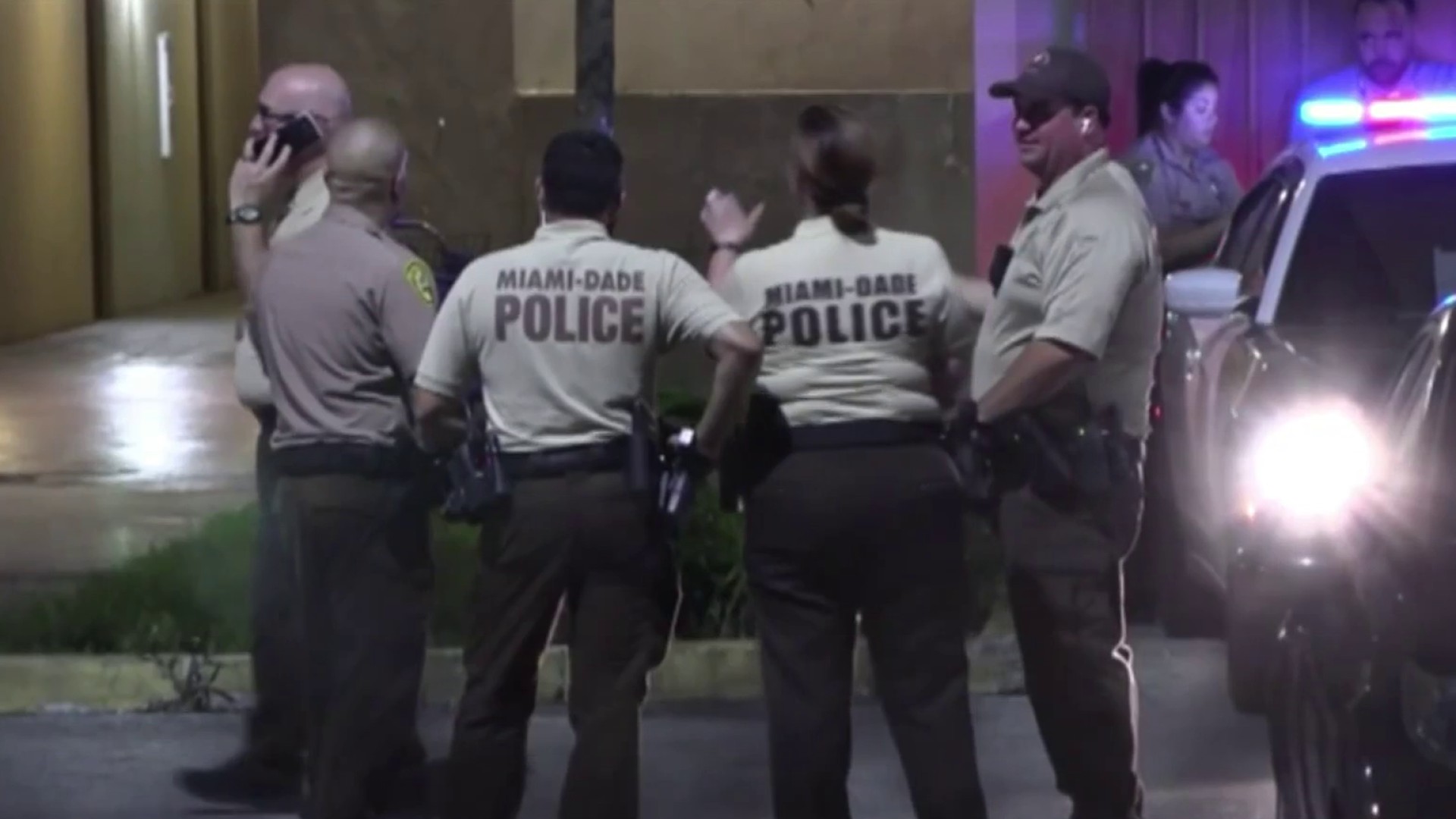The Florida Legislature passed a bill Friday that would expand early voting days and sites, a reversal from two years ago when Gov. Rick Scott and the Republican-led Legislature cut the number of early voting days.
The House and Senate approved a wide-ranging elections bill that attempts to fix problems that led to long lines and counting delays during the 2012 presidential election that once again put Florida in the national spotlight. Scott said in January that he had three goals for an elections bill: more early voting days, more early voting sites and shorter ballots. The bill addresses those issues, and Scott said Friday he would sign it.
"We all took a lot of flak all over the nation for some of the problems we had in the election last year and we were the butt of jokes on late night TV and we were the butt of a lot of criticism," said Sen. Jack Latvala, R-Palm Harbor, just before the bill passed the Senate on a 27-13 vote.
Election supervisors will have to hold at least eight early voting days, but could hold up to 14, including the Sunday before Election Day. Two years ago, Scott signed a bill that cut early voting days from 14 to eight days and no longer allowed voting on the Sunday before the election, a day when many black churches organize "souls to the polls" voter drives.
"I'm so proud of this House and this Legislature for passing great elections reform," said House Speaker Will Weatherford, R-Wesley Chapel, who noted that the House originally passed the bill on the first day of session and it finally cleared the Legislature after several changes.
The House passed the final version of the bill 115-1 earlier Friday.
"We saw what happened in the November elections and as a body we have come back this year to correct it," said Rep. Darryl Rouson, D-St. Petersburg. "While some of us feel like the bill still hasn't gone far enough ... at least we made some steps, some solid steps."
Local
The bill would also give elections supervisors more options on where to hold early voting, adding civic centers, fairgrounds, community centers, senior centers and convention centers to the list of potential sites.
The measure also would move Florida's presidential primary from the last Tuesday in January to the first Tuesday that doesn't violate national Democratic and Republican party rules.
Florida, by voting early, has violated party rules that dictate when states can hold presidential primaries each of the last two elections, leading to punishments such as a reduced number of delegates at nominating conventions.
The bill also would require a maximum 75-word ballot summary on constitutional amendments proposed by lawmakers. That limit could be exceeded if the state Supreme Court rejects the language and it has to be revised. The Legislature last year loaded up the ballot with anti-abortion, tax cut and other questions designed to bring out conservative voters. The ballot length added to the long lines.
Among other provisions, elections supervisors must post online their election preparation plans three months before the general election.
The bill also would prohibit paid ballot collectors from possessing more than two absentee ballots other than their own or their family members'.
Election equipment vendors would be held more accountable for problems with voting machines and could face a fine of $25,000 for not reporting or failing to correct defects.
Leon County elections supervisor Ion Sancho called the bill "the best piece of elections legislation coming out of the Florida Legislature in the last decade."
In 2002, the Legislature passed massive changes to Florida's election laws to address problems during the 2000 presidential recount, when the world waited five weeks to learn George W. Bush won the state, and thus the presidency, by 537 votes.
"That was the last time the Legislature really passed great reforms. And when was that? Right after Florida's last electoral disaster," Sancho said. "So, we don't get it right, but you know what? Maybe on the second go around we can learn from our mistakes."
Language was stripped from the bill that would have allowed the secretary of state to send a notice of non-compliance to elections supervisors and dock their pay $2,000 if they didn't report results on time or failed to follow other legal requirements.



